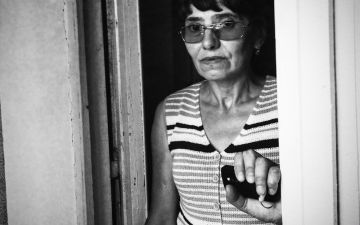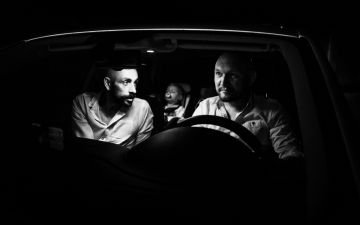Russia's annexation of the Crimean Peninsula means the local population has to abide by Russian laws, some of which have been internationally condemned. Two groups—the LGBT community and heroin addicts—have been particularly affected by the unrecognized regime change.
About 800 heroin addicts are now left without life-saving heroin-replacement therapy, which is widely used in the world but is considered ineffective by the Russian government and is banned there. According to local activists at least 20 people have already died (either committed suicide or overdosed), and dozens have fled to mainland Ukraine. Most have returned to drug use—this despite claims by authorities that all of these addicts are accounted for and provided psychiatric therapy (the only therapy available to Russian drug users).
Crimea's LGBT community was opposed to the peninsula joining Russia, as Ukraine does not have the same oppressive laws—prohibiting "homosexual propaganda" to minors and adoption of children by same-sex couples. Now Russia wants to make its new territory an example of "high morals" and "ideal" family vacationing.









